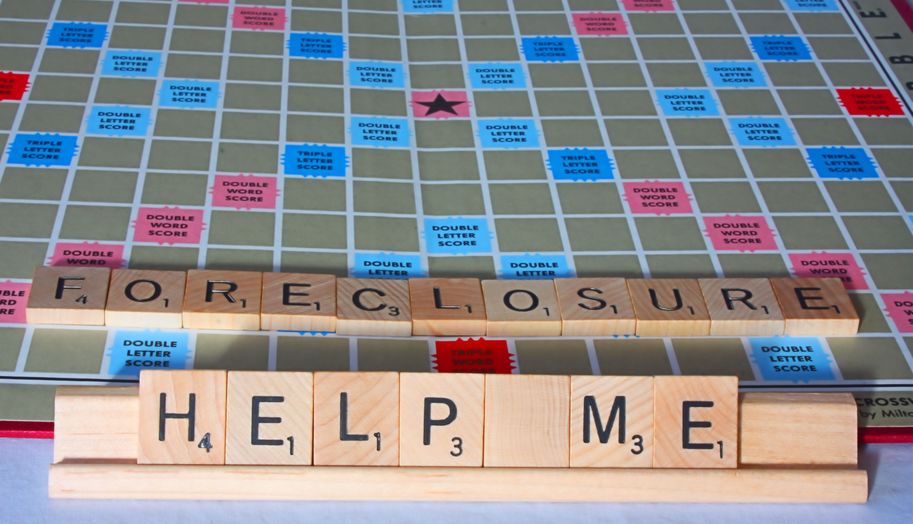 There’s nothing more satisfying than buying the dream home you’ve always wanted. But what if that dream is suddenly taken away from you? What happens next? Are you prepared?
There’s nothing more satisfying than buying the dream home you’ve always wanted. But what if that dream is suddenly taken away from you? What happens next? Are you prepared?
How does your home go into foreclosure?
You have been searching for the perfect home for a while and finally managed to find it. However, you don’t have the money for the full purchase price. So, you contact a bank and take out a loan, or in other words, a mortgage. Then, you make a down payment around 20% of the closing price. This loan needs to be paid over a number of years at an agreed upon interest rate. Eventually, after you’ve paid the full amount of the borrowed money, the house becomes yours outright. However, until then, your house is held as collateral by the bank.
The problem arises when you’re unable to make timely payments.
Simply put, when you miss several mortgage payments, the bank can begin the foreclosure process. After a certain waiting period (and some warning communications), the bank hires an attorney and the legal complaints and documents are sent to the borrower. If the borrower, in this case you, are nowhere to be found, a foreclosure notice is published in the local newspaper.
Foreclosure is slow and a possibly painful process, and it does not happen if you miss one payment for a couple of days or weeks. However, if you fail to pay over a prolonged period of time, the bank can repossess the home, evict you and sell it to recover the funds you couldn’t pay.
Types of foreclosure
Judicial foreclosures
In judicial foreclosures, the lender takes legal action to foreclose your property. This process starts approximately 30 to 90 days after your last missed payment.
These foreclosures are supervised by a court via legal proceedings such as a civil lawsuit. You will be notified via a legal notice of the pending action and the court will decide the foreclosure date and the sale.
Non-judicial foreclosures
For these foreclosures, a judge or a court is not involved. The lender can foreclose a property according to a clause called “power of sale” that generally is included in the mortgage agreement.
Nevertheless, in both of these foreclosure types, the borrower will receive a foreclosure notice. In most cases, this legal notice is published in the local newspaper as well. Then the house is sold at a public auction.
What happens after a foreclosure?
Eviction
In order to repossess their asset— your house — the bank requires you and your family to vacate the property in a timely manner. This process is daunting, to say the least, and requires you to relocate to another property within an abbreviated window of time.
You might pay more money
When you fail to make payments, your lender can charge you late fees. The longer you wait to pay, the more you will pay. Moreover, if the bank can’t recoup what it is owed by selling your house, you might still have to pay (a deficiency balance) even after the house is taken from you.
It will hurt your credit score
The foreclosure will show in your credit report just a month or two after the foreclosure proceedings begin. What’s worse, it will be recorded in your credit report for seven years, which may prevent you from getting credit, applying for another loan to buy a home, or even find potential employment. Except for certain loans that can be taken out after one or two years, your ability to borrow money will be greatly diminished.
Lose any assistance.
You might lose relocation assistance or leasing opportunities that you will need in the future.
How do you prevent a foreclosure?
- Being transparent with your lender is always a wise idea. If you have financial struggles, open up to them and get in touch before you miss any payments. You can ask if there are any alternatives that can save you from losing your home. Even if you’ve already missed payments, don’t ignore communication from your lender because they will inform you about your options and status. You can also talk to a local real estate attorney or a Housing and Urban Development (HUD) counselor to get to know your options.
- If you’re positive that you’re not capable of paying, find out what other options you have. Contact government foreclosure-avoidance programs and seek help. Your lender might offer you a loan modification if you discuss your situation with them. They might be able to give you a chance if you are in between jobs or having surprise medical expenses.
- Check if your lender can agree to a short sale. In other words, you can sell your property and settle the mortgage loan payment.
- You could also opt for a deed in lieu of foreclosure. This allows you to decrease or erase your mortgage balance by handing over your property to the lender.
- Speak to a local attorney and find out if you can declare bankruptcy, which should slow down the foreclosure. Educate yourself properly before opting for this option.
- Don’t fall for fraudulent credit counselors and scams that promise to save your home. The minute you tell anyone that your home is going into foreclosure, some people or organizations may be eager to take advantage of your plight. Instead, reach out to a reputable agency or HUD.
You should thoroughly scrutinize your financial state and educate yourself before applying for a mortgage loan. Don’t allow a simple lack of information to unearth financial stability. We understand that home foreclosures can be a nuanced proceeding to take on alone. One question quickly becomes three more. Reach out to us here today for help.

